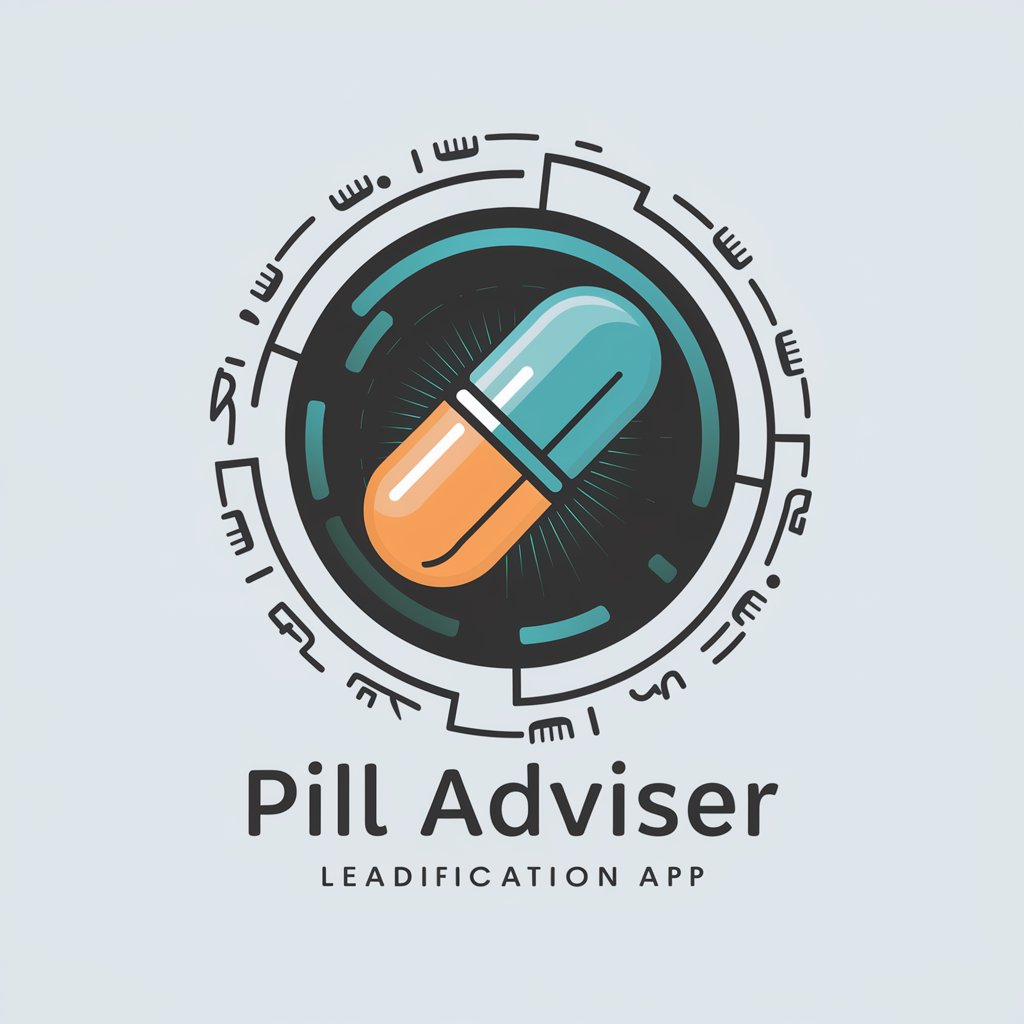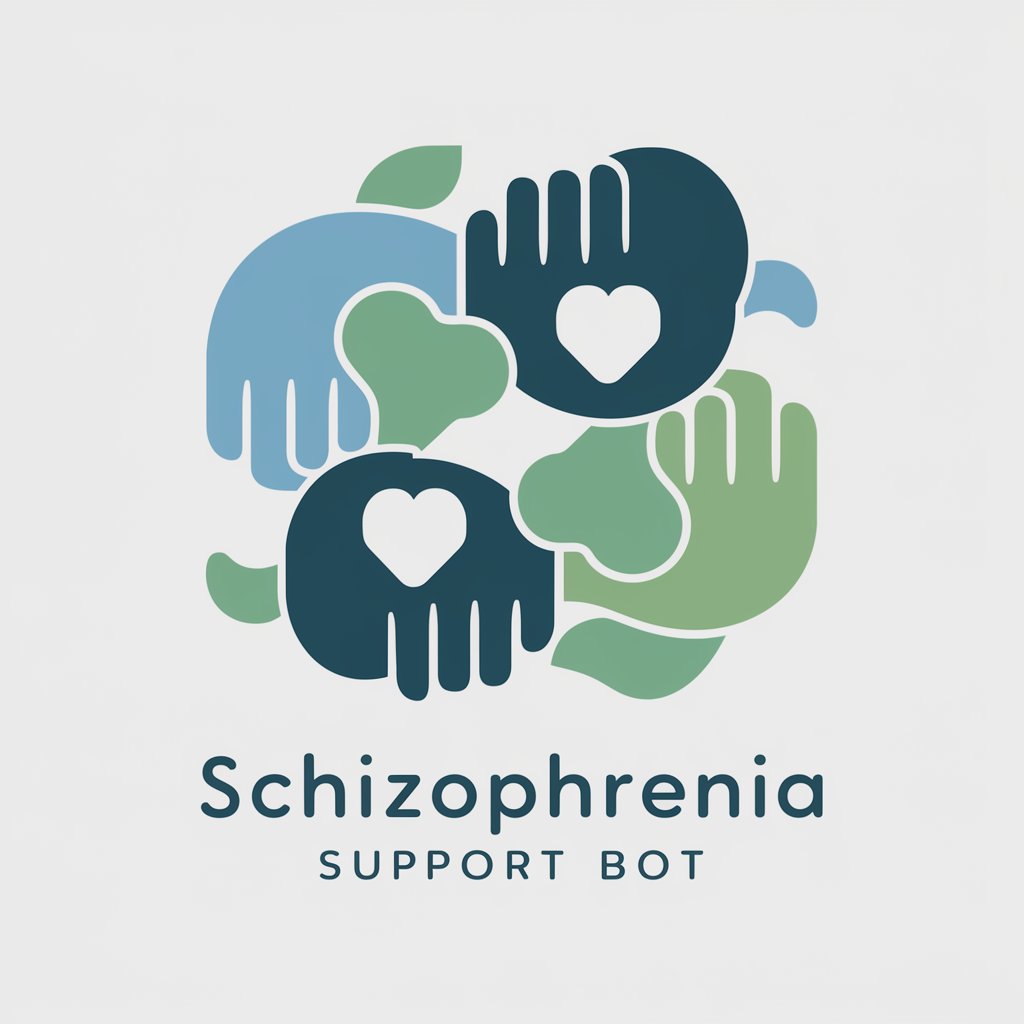4 GPTs for Treatment Adherence Powered by AI for Free of 2026
AI GPTs for Treatment Adherence are sophisticated tools designed to enhance the management and adherence to medical treatments. Leveraging the power of Generative Pre-trained Transformers (GPTs), these AI-driven platforms offer personalized support and guidance to patients, ensuring they follow their prescribed treatment plans accurately. By analyzing vast amounts of data, AI GPTs can provide tailored advice, reminders, and insights specific to an individual's health regimen, significantly impacting their health outcomes positively.
Top 4 GPTs for Treatment Adherence are: Pharma Guide,Pill Adviser,Breast Cancer Endocrine Therapy Helper,Schizophrenia Support Bot
Pharma Guide
Empowering Patients with AI-Powered Pharmaceutical Knowledge

Pill Adviser
Empowering Health Decisions with AI

Breast Cancer Endocrine Therapy Helper
Empowering breast cancer care with AI

Schizophrenia Support Bot
Empowering Schizophrenia Management

Essential Capabilities and Features
AI GPTs for Treatment Adherence boast a range of unique features tailored to improve patient compliance with treatment protocols. These include personalized medication reminders, tailored health tips, interactive Q&A for patient queries, and the ability to process and analyze patient feedback to optimize treatment plans. Advanced language learning capabilities enable these tools to understand and interact in multiple languages, offering broad accessibility. Data analysis features offer insights into treatment effectiveness, adherence rates, and possible side effects, facilitating continuous improvement of treatment strategies.
Who Benefits from Treatment Adherence AI
The primary beneficiaries of AI GPTs for Treatment Adherence include patients requiring assistance in managing complex treatment schedules, healthcare providers seeking to improve patient outcomes, and developers looking to create or integrate adherence technologies. These tools are designed to be accessible to individuals without technical backgrounds while offering customization options for tech-savvy users and developers to adapt the tool to specific needs.
Try Our other AI GPTs tools for Free
Exclusive Stories
Discover the transformative power of AI GPTs for Exclusive Stories, designed to craft unique narratives and visual content tailored to your specific needs. Ideal for creators and professionals seeking innovative storytelling solutions.
Sales Messaging
Discover how AI GPTs for Sales Messaging revolutionize sales strategies with personalized, efficient, and data-driven communication solutions. Transform your sales approach today.
Feedback Channel
Discover how AI GPTs for Feedback Channel revolutionize feedback management with automated analysis and personalized responses, enhancing user experience and efficiency.
IRS Operations
Discover how AI GPTs revolutionize IRS Operations, offering advanced solutions for tax processing, compliance, and customer service with efficiency and accuracy.
Political Reporting
Explore cutting-edge AI GPTs for Political Reporting: tailor-made tools for real-time analysis, sentiment tracking, and in-depth political insights. Ideal for journalists, analysts, and political enthusiasts seeking data-driven narratives.
Creative Wishes
Discover how AI GPTs for Creative Wishes are transforming creativity, offering AI-driven solutions for writers, artists, and innovators to bring their visions to life.
Expanding the Potential of AI in Healthcare
AI GPTs represent a significant leap forward in customized healthcare solutions, offering interfaces that are user-friendly and adaptable to various healthcare systems. Their integration into existing workflows can enhance the efficiency of treatment adherence strategies, reduce the burden on healthcare providers, and lead to better health outcomes for patients.
Frequently Asked Questions
What are AI GPTs for Treatment Adherence?
AI GPTs for Treatment Adherence are artificial intelligence tools designed to assist patients in following their treatment plans effectively, using advanced algorithms to provide personalized support.
How do AI GPTs improve treatment adherence?
They offer personalized reminders, answer patient questions, analyze treatment feedback, and provide health tips, making it easier for patients to stick to their treatment regimens.
Can these tools understand and communicate in multiple languages?
Yes, with advanced language learning capabilities, these AI tools can interact with users in multiple languages, broadening their accessibility.
Are AI GPTs accessible to people without coding skills?
Absolutely. These tools are designed for easy use by anyone, regardless of their technical background, while also offering customization options for those with coding knowledge.
How do these tools analyze patient feedback?
AI GPTs use data analysis features to process patient feedback, monitor adherence levels, and assess the effectiveness of treatment plans, providing valuable insights for continuous improvement.
Can healthcare providers use these tools?
Yes, healthcare providers can use AI GPTs to monitor patient adherence, offer additional support, and optimize treatment strategies based on aggregated data insights.
Are there customization options for developers?
Developers can access various customization options to tailor the AI tools to specific requirements, integrating them into existing healthcare platforms or developing new adherence solutions.
What sets AI GPTs apart in treatment adherence?
Their ability to provide personalized, interactive support, analyze large data sets for insights, and communicate in multiple languages sets them apart, making treatment adherence more manageable for patients.